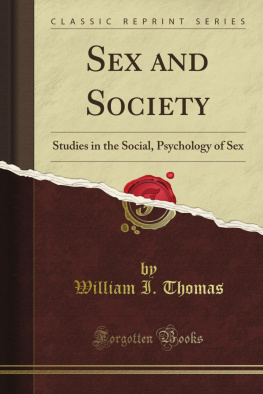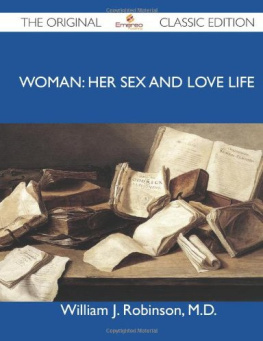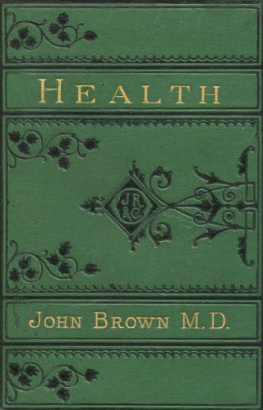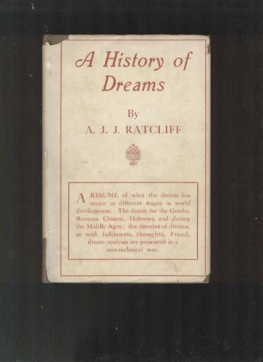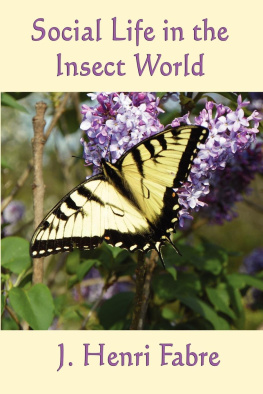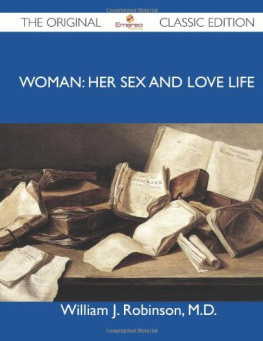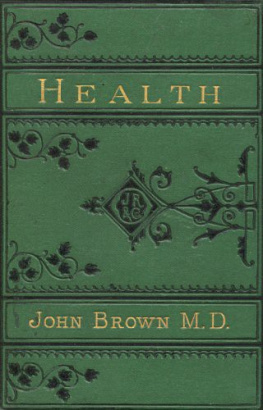MARY L. DAY ARMS
MARY L. DAY ARMS
THE WORLD AS I HAVE FOUND IT.
SEQUEL TO Incidents in the Life of a Blind Girl.
BY MARY L. DAY ARMS.
WITH AN INTRODUCTION
By Rev. Charles F. Deems, LL.D.
BALTIMORE:
PUBLISHED BY JAMES YOUNG,
112 West Baltimore Street.
ENTERED, according to Act of Congress, in the year 1878, by
MARY L. DAY ARMS,
In the office of the Librarian of Congress, at Washington.
[Transcriber's Note: Inconsistencies in spelling and punctuation have been retained as in the original.]
.
INTRODUCTION.
Mrs. Arms has asked me to write an introduction to her book. It hardly seems to need it. The title-page shows that it was written by one who is blind. It is a sequel to another volume. That volume has been widely sold, and all who read it will, I am sure, have some desire to see how the stream of the life of its writer has been flowing since her first book was written. Her patient perseverance under privations has won her a large circle of personal friends, who will take pleasure in procuring and preserving this fresh memento of the Blind Girl.
Such a book as this has a value which, probably, has not occurred to its author. She has put on record the phenomena of her life as she has recollected them, with great simplicity, merely for the entertainment of her readers, without attaching any importance to the value which every such memoir has in the department of science. But it is just from the study of such phenomena as these that the students in mental and moral philosophy learn the laws of mind and the operations of a human soul under a divine, moral government. As a matter of taste we might omit the writer's description of her husband, whom she never yet has seen, p. 45, and her account of her love affairs, p. 49; and if we had discretionary editorship, and the volume had been written by one having always had her sight, we should unhesitatingly exclude such passages. But, as the records of the impressions, consciousnesses and general mental phenomena of a blind girl in love, they stand to be, perhaps, quoted hereafter in some abstruse scientific treatise, or bloom out in some perennial poem.
There is an immediate practical usefulness in such a book as this. It has its wholesome lesson for the young. It shows what strength of character and vigor of purpose will accomplish under even extraordinary embarrassments. The young lady had a hard early life. She had neither friends nor money nor sight, but she unwhiningly took up the task of taking care of herself, and discharged it so nobly as to make for herself a wide circle of friends, and keep for herself that sense of self-reliance as toward man, and of faith as toward God, which are worth more than all the dirty dollars that wickedness can give to weakness.
Let our young women who are in straitened circumstances, in circumstances that seem absolutely exclusive of all hope of retaining virtue and keeping life, read this book and its predecessor, and pluck up faith and hope. Let all our young ladies, daughters of loving parents, daughters who have no care for the morrow, daughters of delicious ease and happy opportunity, read this book, and then let their consciences ask them how they are to carry their idleness to be examined at the judgment sent of Christ, in contrast with this blind girl's industry, fidelity and perseverance.
CHARLES F. DEEMS.
CHURCH OF THE STRANGERS,
New York, 4th July, 1878.
CHAPTER I.
"Warriors and statesmen have their meed of praise,
And what they do, or suffer, men record;
While the long sacrifice of woman's days
Passes without a thought, without a word:
And many a holy struggle for the sake
Of duty, sternly, faithfully fulfil'd;
For which the anxious soul must watch and wait,
Goes by unheeded as the summer wind,
And leaves no memory, and no trace behind!
Yet, it may be, more lofty courage dwells
In one meek heart that braves an adverse fate,
Than his whose ardent soul indignant swells,
Warmed by the fight, or cheered through high debate.
The soldier dies surrounded; could he live
Alone to suffer, and alone to strive?"
So was rendered the sad soul-music of one of the legion,
"Who learned in sorrow
What they taught in song."
and the weird words have been echoed by the voice of many a woman all along, whose weary wanderings have burned the sacrificial fires; amid the ashes of whose dead hopes the embers have flickered and faded only to rekindle the lurid, lustrous light of added, and still added offerings. There, waiting and watching the deep tracery "upon the sands beside the sounding sea," find wave after wave wash away the mystic hand-writing.
The ebbing tide carries afar the ships freighted with aching, anguished hearts; when borne upon the swell of the flowing sea, come the swift sails of Argosies richly laden with hope, full with fruition.
Within the heart of all there lies deeply imbedded the "Black Drop" of which the Mahometan legend tells, and which the angel revealed to the Prophet of Allah. 'Tis in aching anguish this drop must be probed and purified, to be healed only through the endless eloquence of duty done.
The sightless eyes have vivid visions. Theirs is the light in darkness which stirred the soul of a Milton with a "gift divine;" inspired a Homer with the "fire and frenzy" which crowned an Iliad and an Odyssey, the master pieces of Epic verse; gave to the antique and traditional literature of the Celtic race its meteoric brilliancy, and produced the weird, wondrous sublimity of an Ossian.
All who have read the Invocation to Light by the blind authoress, Mrs. De Kroyft, must have realized the luminous light of a soul sublimated by sorrow and swelling and soaring in eloquent strains.
'Tis but a simple song I must sing, a bird-note amid cathedral tones; but may not its minstrelsy meet the heart and search the soul of many a sorrowing one, or rise like the song of the nightingale to the throne of Him who sees the lives enthralled?
If this little lesson of life can find a single searcher for the truth it tells, or bear on the breath of the breeze "one soft olian strain," may I not hope that it may help to swell the harp-notes of the heavenly harmonies?
CHAPTER II.
"I remember, I remember
How my childhood fleeted by
The mirth of its December,
And the warmth of its July."
In a former volume I have recounted the varied scenes of an eventful childhood, whose auroral dawn was tinted with the rose-hue and perfumed with the breath of light-winged moments; even as the Goddess of the Morning ushers in the new-born day with her flower-laden chariot, and the bright Morning Star lends its light ere it sinks under the horizon.
Having my birth on the rich soil of a Southern land, and cradled under its tropical skies and sunny smiles, I was early transplanted to colder climes and ruder blasts, yet through the nurture of a mother's gentle hand, and the ministrations of a loving band of sisters and brothers, whose talismanic touch toned every note, softened every sorrow and heightened every hope, I could but bloom like an Alpine flower in its bed of snow.
But in the golden chain there came to be, in time, a "missing link;" the mother's life went out, and from the darkened fireside vanished the little flock, scattered through various ways to various destinies.




